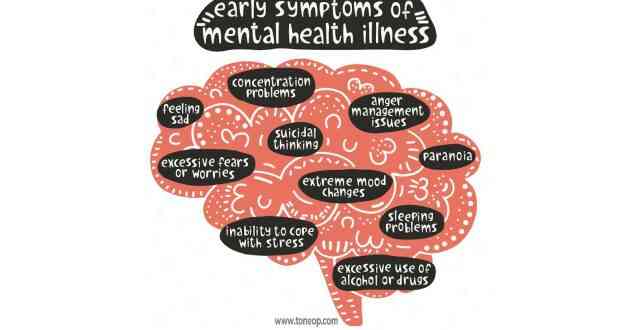5 Common Myths About Gum Disease That Should Be Addressed Asap
- - Category: Dental Care
- - 30 Dec, 2021
- - Views: 1.1k
- Save

Gum Disease
Gum disease is an inflammation that occurs in the gums. This condition is caused by bacteria that infect gums. Even though gum disease is quite common, there are a lot of myths and misconceptions about the causes, symptoms, and complications of gum disease. In this article, we have gathered five common myths about gum disease that should be addressed ASAP.
1. Gum disease affects only smokers and the elderly
One of the most common myths about gum disease is that it is a quite rare condition that affects only smokers and the elderly. Even though they are more likely to develop gum inflammation, both children and adults can develop gum disease. For example, 47.2% of adults aged 30 years and older have some form of gum disease. Children often don’t maintain proper oral hygiene that leads to bacteria overgrowth and gum disease. That’s why it is extremely important to pay sufficient attention to your oral hygiene and undergo regular dental check-ups.
2. Poor oral hygiene is the only cause of gum disease
Indeed, poor oral hygiene is deemed one of the most common causes of gum disease, but there are other factors that can also contribute to gum inflammation. For example, if you smoke or use tobacco products, they can irritate your gums and increase your risk of gum disease. Additionally, diabetes, certain medications, and a family history of gum disease can also lead to gum disease. If you have at least one of these risk factors, you need to be aware of the condition of your oral cavity and clean your teeth thoroughly.
3. Bleeding gums are normal
Another common misconception is that gum bleeding that occurs during tooth brushing or on its own is harmless. But the truth is that healthy gums don't bleed, and this symptom is one of the most common signs of gum disease. In the initial stage called gingivitis, you may experience gum bleeding, swelling, redness, tenderness, and recession that is accompanied by bad breath. If left untreated, gum gingivitis can turn into periodontitis and you may also develop gum pockets, loose teeth, as well as tooth, gum, and bone loss in addition to the aforementioned symptoms.
4. Gum disease doesn’t affect your overall health
Unfortunately, gum disease is an extremely serious condition that can affect not only your oral cavity, but also worsen your overall health. The bacteria that enter your bloodstream through inflamed gums can increase your risk of respiratory infections, stroke, Alzheimer's disease, and cardiovascular conditions. Additionally, people with gum disease are more likely to develop diabetes as well as people with diabetes are more prone to gum disease. That's why it is extremely important to monitor the condition of your oral cavity and undergo proper treatment right after the occurrence of any symptoms of gum disease.
5. Gum disease can be easily treated
Indeed, if you visit your dentist and undergo treatment when your gums have just started to bleed and swell, your condition can be easily cured. You may only need to maintain proper oral hygiene, get professional teeth cleaning, and visit your dentist regularly for an examination. But if you have advanced periodontitis that causes tooth loss and other complications, it most likely is incurable. Fortunately, modern dentistry provides several options that can help restore your teeth. However, you may need to undergo gum and bone grafting before getting a dental implant.
The bottom line
It is important to understand that gum disease can't appear and disappear on its own. To decrease your risk of gum disease, you need to maintain proper oral hygiene, eat healthy foods, and visit your dentist at least twice a year. If you already have gum disease, you should start treatment as soon as possible to prevent the development of serious complications.



